The Benefits of Using Health Apps to Track Daily Habits For Seniors
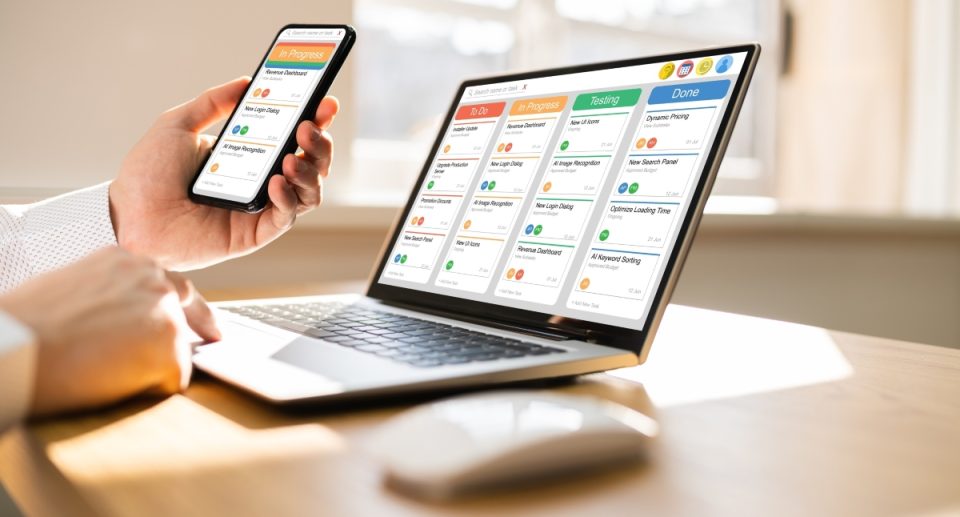
In today’s digital age, health and wellness have become a top priority for many individuals, especially seniors looking to maintain their well-being and independence. One of the most effective ways to achieve this is by utilizing health apps designed to track daily habits. These innovative tools can help seniors manage their health, set achievable goals, and lead healthier lifestyles. In this guide, we will explore the various benefits of using health apps, how they can empower seniors, and practical tips for getting started.
1. Understanding Health Apps
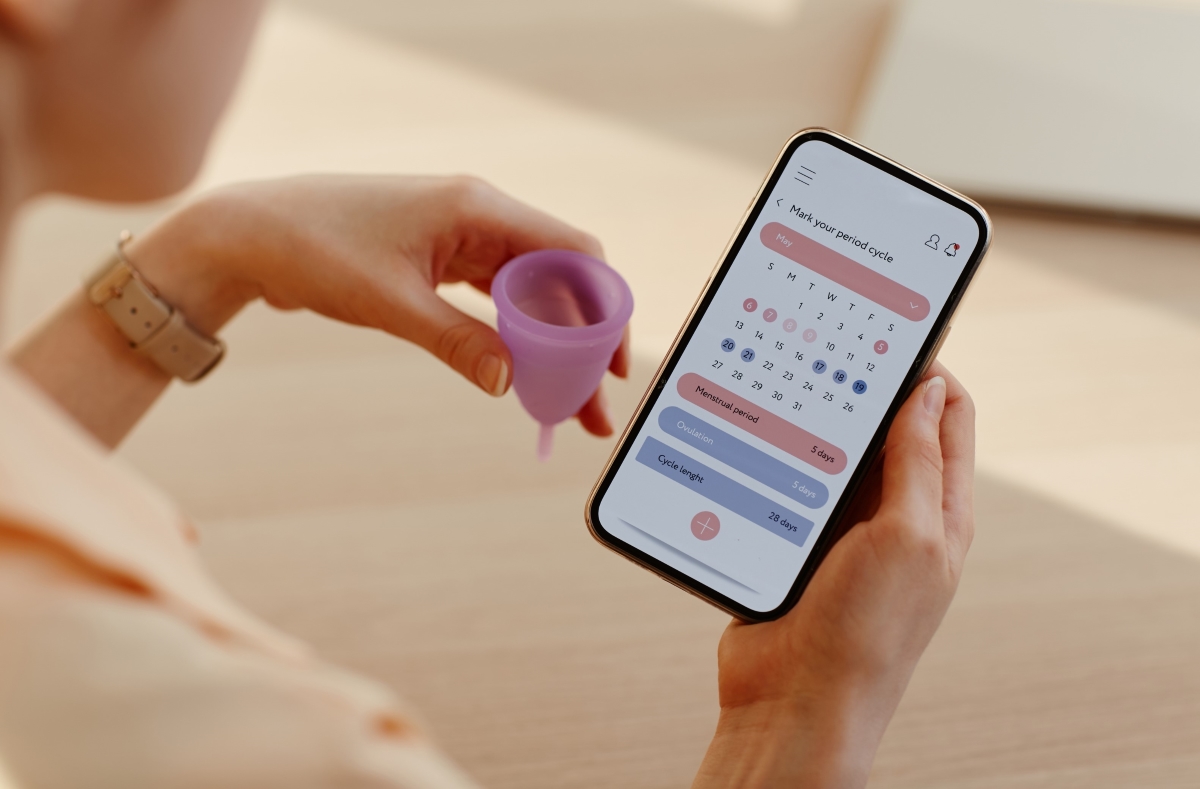
Health apps are mobile applications designed to help users monitor various aspects of their health and well-being. These apps can track everything from physical activity and nutrition to sleep patterns and medication adherence.
A. Types of Health Apps
- Fitness Tracking Apps: These apps allow users to log their physical activities, set fitness goals, and monitor progress over time. Examples include MyFitnessPal, Fitbit, and Strava.
- Nutrition Apps: Nutrition-focused apps help users track their food intake, analyze dietary habits, and provide meal planning assistance. Popular options include Lose It! and Cronometer.
- Sleep Tracking Apps: Sleep apps monitor sleep patterns, helping users understand their sleep quality and make improvements. Examples include the Sleep Cycle and Calm.
- Medication Management Apps: These apps remind users to take their medications on time and track dosages. Some popular options include Medisafe and Pill Reminder.
- Mental Health Apps: Apps focused on mental health provide resources for mindfulness, meditation, and stress management. Notable examples are Headspace and Calm.
2. Benefits of Using Health Apps for Seniors
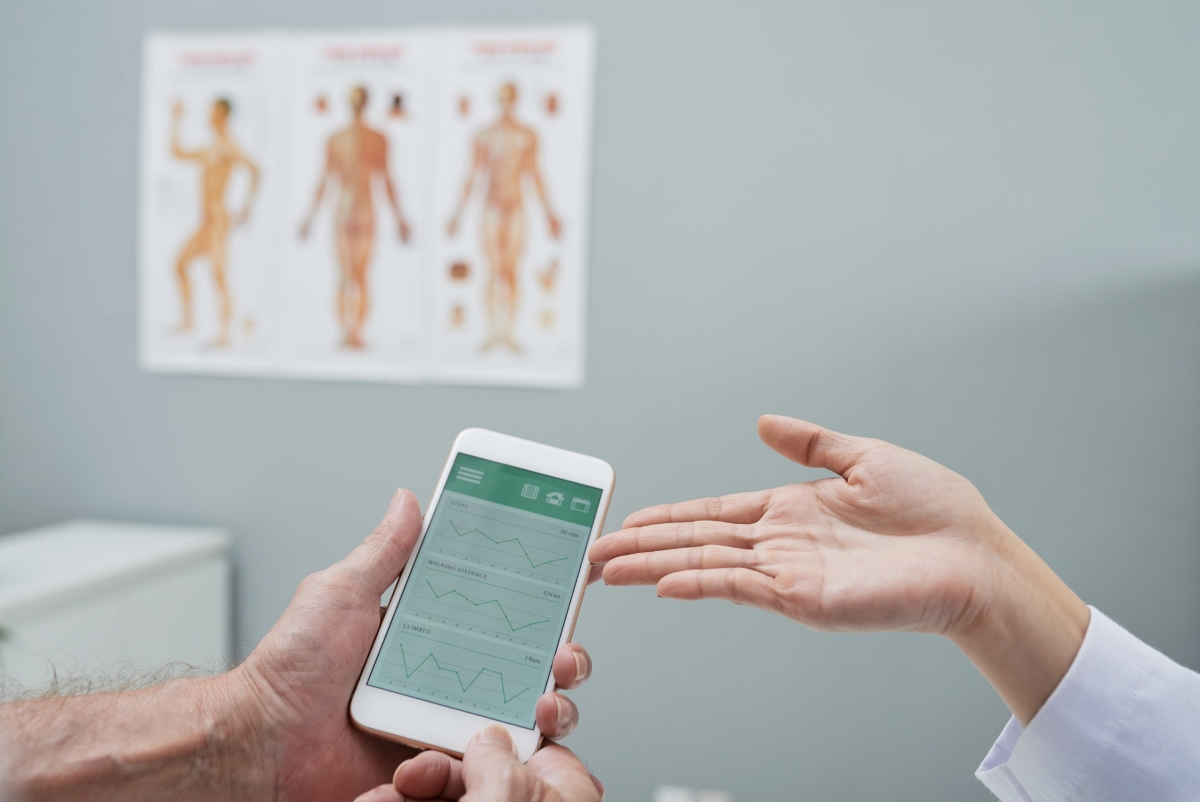
Using health apps offers numerous benefits for seniors, empowering them to take control of their health and well-being.
A. Enhanced Self-Awareness
- Tracking Daily Habits: By logging daily activities, seniors can gain insights into their behaviors and identify patterns that may affect their health. This awareness allows for better decision-making.
- Recognizing Triggers: Health apps can help seniors recognize factors that impact their well-being, such as stressors or dietary choices, leading to more informed lifestyle adjustments.
B. Goal Setting and Progress Tracking
- Setting Achievable Goals: Health apps enable users to set realistic and attainable health goals, whether it’s increasing physical activity, improving nutrition, or managing weight.
- Celebrating Milestones: Tracking progress in health apps provides motivation and encouragement as seniors achieve their goals, fostering a sense of accomplishment.
C. Improved Health Management
- Monitoring Chronic Conditions: For seniors with chronic health conditions, health apps can help monitor symptoms, track medication adherence, and share relevant data with healthcare providers.
- Facilitating Communication with Healthcare Providers: Health apps allow users to compile health data that can be shared during medical appointments, enabling more informed discussions with healthcare professionals.
D. Increased Motivation and Engagement
- Gamification Features: Many health apps include gamification elements, such as challenges, rewards, and progress tracking, which can enhance motivation and engagement.
- Community Support: Some health apps offer social features that allow users to connect with friends, family, or other seniors for support and encouragement, creating a sense of community.
E. Convenient Access to Health Information
- Health Education: Health apps often provide valuable resources, articles, and tips related to health and wellness, empowering seniors with the knowledge to make informed choices.
- Easy Data Management: Storing health data digitally makes it easier for seniors to access, review, and manage their health information conveniently.
3. Choosing the Right Health App
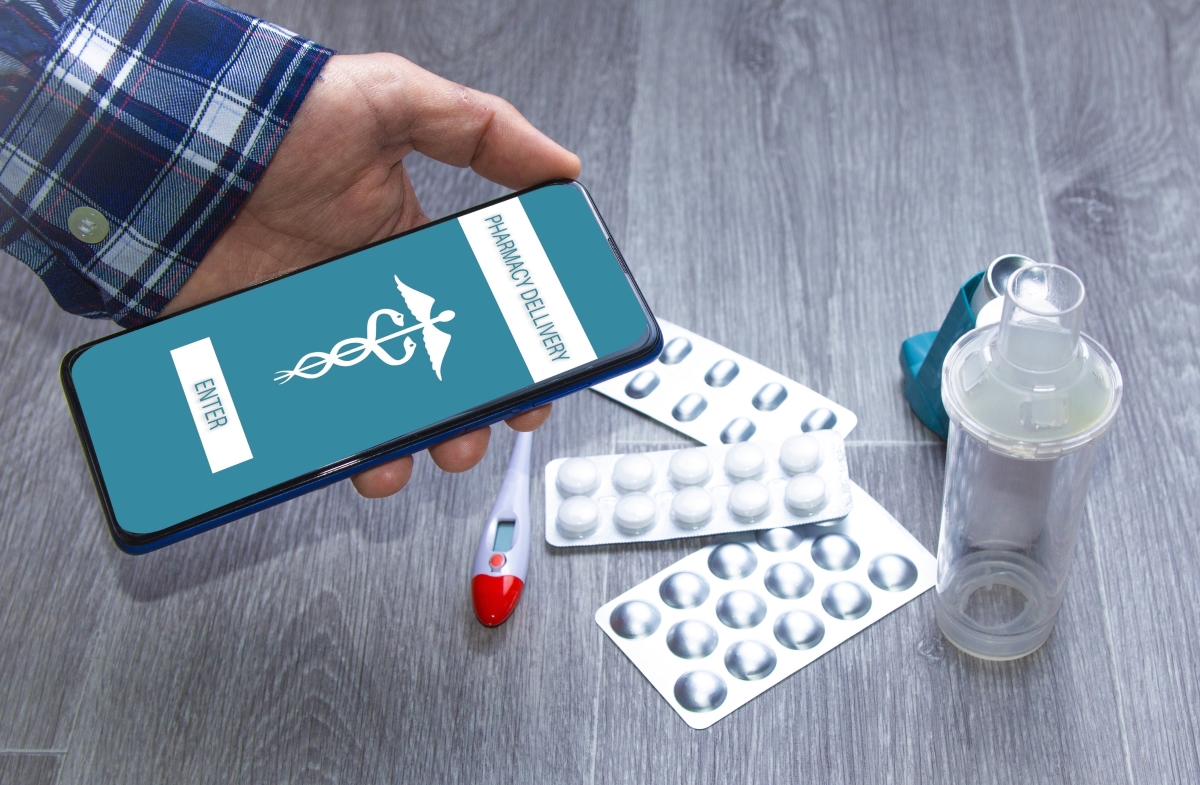
With the vast array of health apps available, selecting the right one can be overwhelming. Here are some tips for seniors to choose the most suitable health app:
A. Identify Personal Needs and Goals
- Determine Health Objectives: Consider specific health goals or areas of focus, such as fitness, nutrition, medication management, or mental health.
- Assess Technology Comfort Level: Choose apps that match your technological proficiency. Look for user-friendly interfaces and features that are easy to navigate.
B. Research and Read Reviews
- Explore App Features: Before committing to a health app, research its features to ensure it meets your needs. Many apps offer free trials or basic versions for you to test.
- Check User Reviews: Reading reviews from other seniors can provide insights into an app’s usability and effectiveness. Look for positive feedback regarding user experience and functionality.
C. Prioritize Privacy and Security
- Understand Data Privacy Policies: Review the app’s privacy policy to understand how your data will be used and stored. Choose apps that prioritize user privacy and data protection.
- Opt for Secure Platforms: Ensure the app you choose has robust security measures in place, such as encryption and secure logins.
4. Tips for Getting Started with Health Apps

Once you’ve selected a health app, getting started is easy! Here are some practical tips for seniors to make the most of their health app experience:
A. Start Slowly
- Take Your Time: Familiarize yourself with the app’s features gradually. Begin by logging a few daily habits and exploring additional functions as you become more comfortable.
- Set Realistic Expectations: Understand that forming new habits takes time. Start with achievable goals and gradually increase your activity level or tracking efforts.
B. Regularly Review and Adjust
- Monitor Progress: Regularly review your progress to stay motivated and make necessary adjustments to your goals or routines.
- Celebrate Achievements: Take time to celebrate your successes, no matter how small. Acknowledging accomplishments can boost motivation and reinforce positive habits.
C. Seek Support and Guidance
- Involve Family and Friends: Encourage family members or friends to join you in using health apps. This can foster a supportive environment and create shared experiences.
- Consult Healthcare Providers: Discuss your health app usage with your healthcare provider, especially if tracking specific health metrics or managing chronic conditions.
5. Conclusion
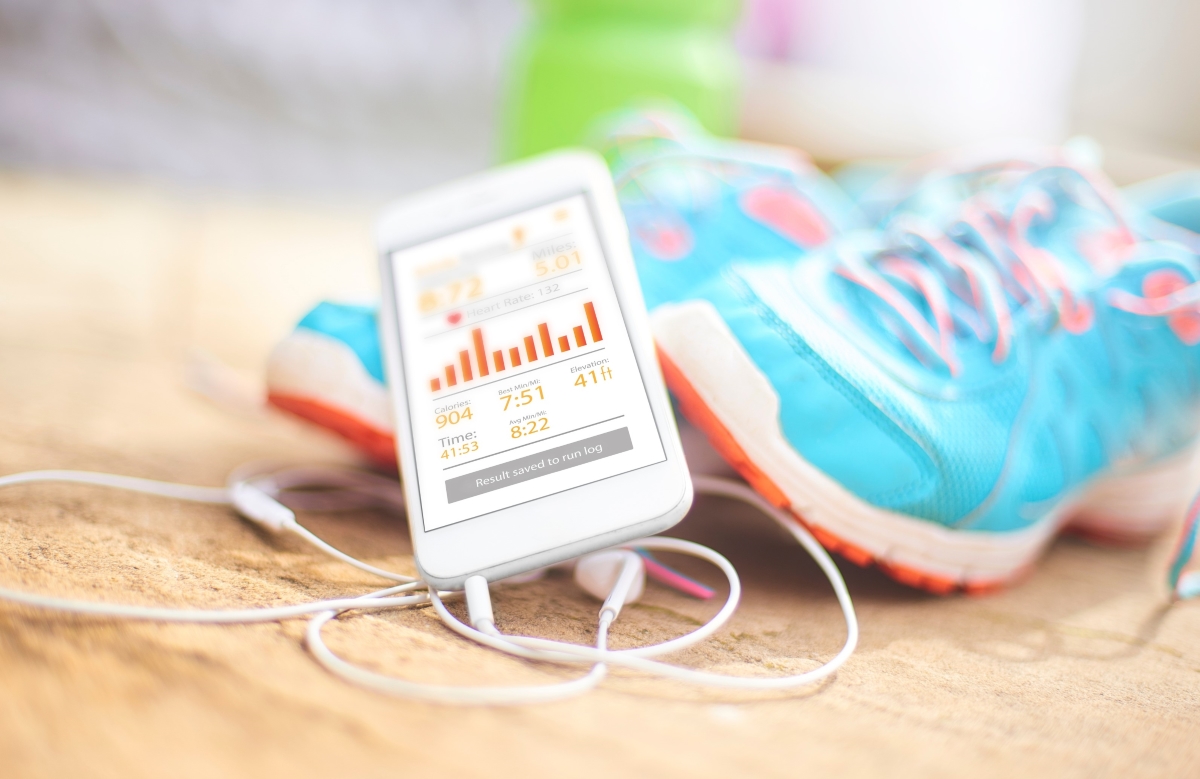
Health apps have the potential to empower seniors by providing tools to track daily habits, set achievable goals, and enhance overall well-being. By utilizing these digital resources, seniors can gain valuable insights into their health, improve self-awareness, and stay motivated on their wellness journeys. As you explore health apps, remember to choose one that aligns with your needs, take your time to adjust, and celebrate your successes along the way. Embrace the benefits of technology to live a healthier, more fulfilling life!





